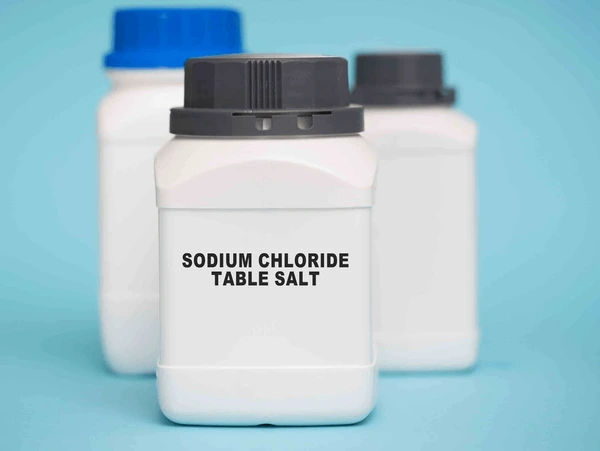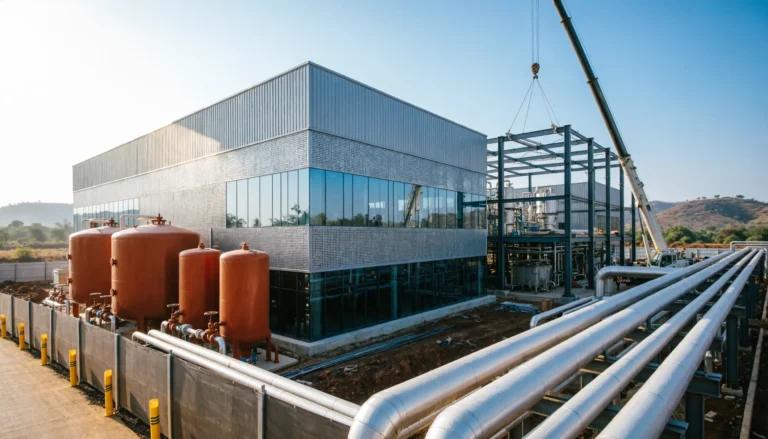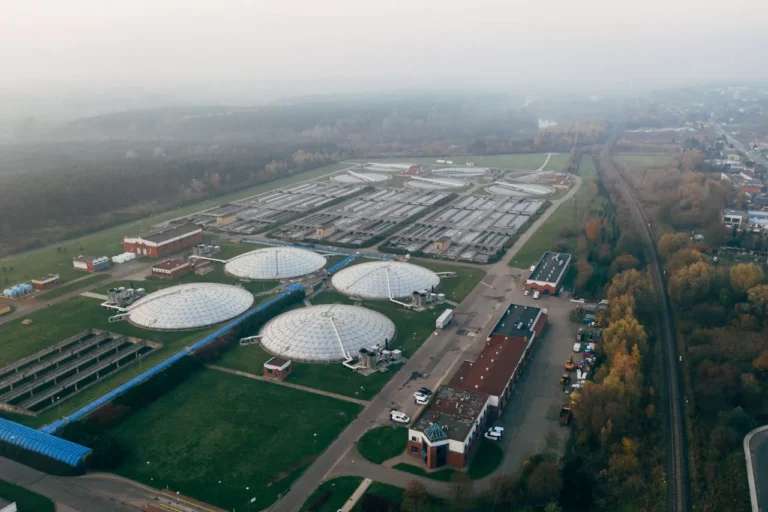
Chemtrade Shares Latest Developments at North Vancouver Chlor-Alkali Plant
Chemtrade Logistics Income Fund has released a significant update on the future operations of its chlor-alkali facility located in North Vancouver, British Columbia, underscoring the company’s long-term vision for continued service, community engagement, and public health support.
The update highlights Chemtrade’s ongoing negotiations and plans to secure its operations well into the future. A key development is Chemtrade’s entry into a non-binding letter of intent with the Vancouver Fraser Port Authority (Port of Vancouver), aiming to extend its lease on a portion of the facility’s land until December 31, 2044. This step represents a proactive move to ensure stability and predictability for an operation that has been a vital source of clean drinking water treatment chemicals in Western Canada for decades.
The current lease agreement, which includes a significant portion of the North Vancouver site, is set to expire on June 30, 2032. The new letter of intent proposes similar lease terms, with one notable modification: a restriction beginning July 1, 2030, on the receipt, manufacture, storage, and distribution of liquid chlorine on the leased portion of the property. However, Chemtrade owns the remaining part of the site and plans to maintain operations there, contingent on a successful rezoning application to the District of North Vancouver.
If the rezoning is approved, Chemtrade intends to continue the production of liquid chlorine on the land it owns and to make a series of capital improvements focused on enhancing safety. These improvements would modernize the site and further solidify Chemtrade’s commitment to safe, reliable operations.
Scott Rook, President and CEO of Chemtrade, emphasized the importance of the facility to public health and the broader community. “We have been in active and productive discussions with the Port of Vancouver and the District of North Vancouver to establish a clear path forward for continued operations at this critical facility. We are pleased to provide this update, which reflects meaningful progress. Our North Vancouver plant plays a pivotal role in the health infrastructure of Western Canada, supplying more than 70 percent of the liquid chlorine used in British Columbia and Alberta for municipal drinking water treatment.”
Rook further elaborated on the company’s extensive outreach initiatives, aimed at building public awareness and support for Chemtrade’s continued operations. “We’ve engaged with stakeholders to ensure a strong understanding of the critical role this facility plays and the measures we’ve implemented and planned to ensure safety and reliability. Our facility has a long-standing record of safe operation dating back to 1957. The proposed enhancements will further elevate that safety standard, addressing evolving industry expectations and public concerns.”
Chemtrade’s public engagement strategy includes outreach activities required as part of the formal rezoning process, such as facility tours, a public open house, and virtual engagement sessions. The company will communicate these opportunities via community newsletters, local media, and its dedicated engagement platform.
Support for Chemtrade’s continued presence in North Vancouver has been growing. According to Rook, the company has received multiple letters of support from stakeholders across the region, including a significant endorsement from the Province of British Columbia. The province has explicitly called for a timely review and approval of the rezoning application, acknowledging the facility’s role in safeguarding access to clean drinking water for millions of residents.
The proposed extension of the lease and the rezoning request are interdependent. If the rezoning application is not approved, Chemtrade has stated it may not proceed with signing a new lease with the Port of Vancouver. Without the ability to reconfigure its operations and implement the planned safety upgrades, continuing operations at the facility in its current capacity would become increasingly uncertain.
Despite the uncertainties surrounding the rezoning and lease finalization, Chemtrade is taking measured and transparent steps to navigate this critical juncture. The company is fully aware that both its current and future ability to operate hinges on a balanced partnership with local authorities and the trust of the surrounding community. By emphasizing transparency, safety, and community value, Chemtrade hopes to secure the necessary approvals and forge a sustainable path forward.
The company’s broader strategic narrative rests on the importance of chemical infrastructure to public welfare. Liquid chlorine is not only a cornerstone of Chemtrade’s business but also an irreplaceable input in the water treatment processes used by municipalities throughout Western Canada. Without consistent supply from facilities like North Vancouver, municipalities could face major disruptions in their ability to treat drinking water safely and efficiently.
This potential risk underscores why Chemtrade’s North Vancouver facility is considered a strategic asset. Any operational disruption could have serious implications not only for the company but for millions of Canadians who rely on a secure and high-quality water supply. With growing concerns around climate resilience, infrastructure reliability, and health preparedness, the continued functioning of this facility is all the more essential.
In terms of its safety record, the North Vancouver facility boasts more than six decades of safe operation, with systems continuously evolving to meet modern safety and environmental standards. The planned capital improvements are part of a longer-term strategy to reinforce these systems, reduce risk further, and align with the latest technological advancements in chemical production and containment.
Chemtrade’s move to enter into a non-binding letter of intent with the Port of Vancouver signals not only a desire to remain in operation but also a commitment to responsible, transparent development. By engaging early and consistently with all stakeholders—from municipal leaders to provincial authorities to the general public—the company is laying the groundwork for what could be a model of corporate-community collaboration.
Still, key hurdles remain. The non-binding nature of the letter of intent means that there is no certainty of a finalized lease extension. Additionally, the outcome of the rezoning application will significantly influence Chemtrade’s ability to carry out its long-term plans. Should rezoning be denied, the company would not be able to proceed with safety-enhancing capital projects and may reconsider the viability of maintaining operations at this site under current constraints.
For now, Chemtrade is focused on maintaining momentum. With stakeholder support growing and a transparent process underway, the company appears well-positioned to advocate effectively for its continued operations. Its dual strategy of operational reliability and proactive community engagement will likely serve as the foundation for navigating the regulatory and logistical complexities ahead.
Ultimately, the future of Chemtrade’s North Vancouver chlor-alkali facility will be shaped by its ability to balance industrial needs with public interest, ensuring that both environmental and public health considerations are front and center. The months ahead will be critical in determining whether this long-standing provider of essential water treatment chemicals will continue to anchor its operations in North Vancouver for the decades to come.







